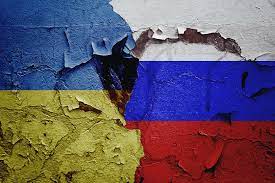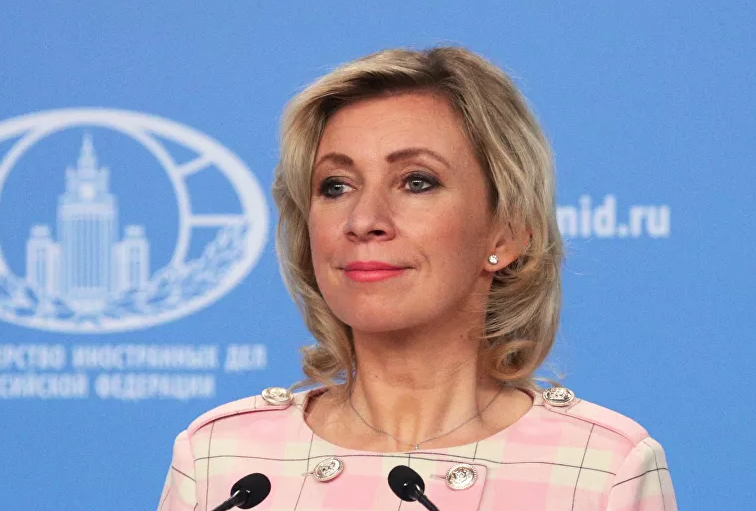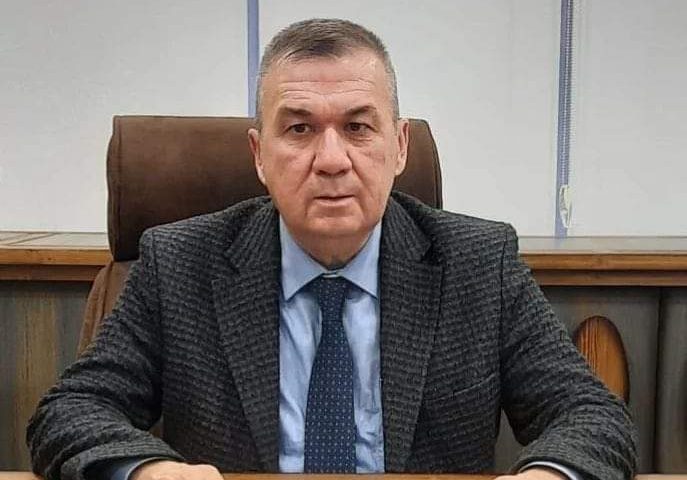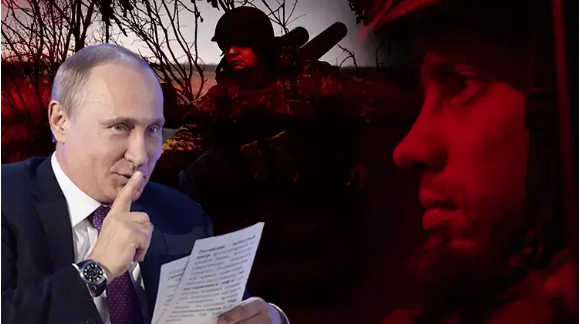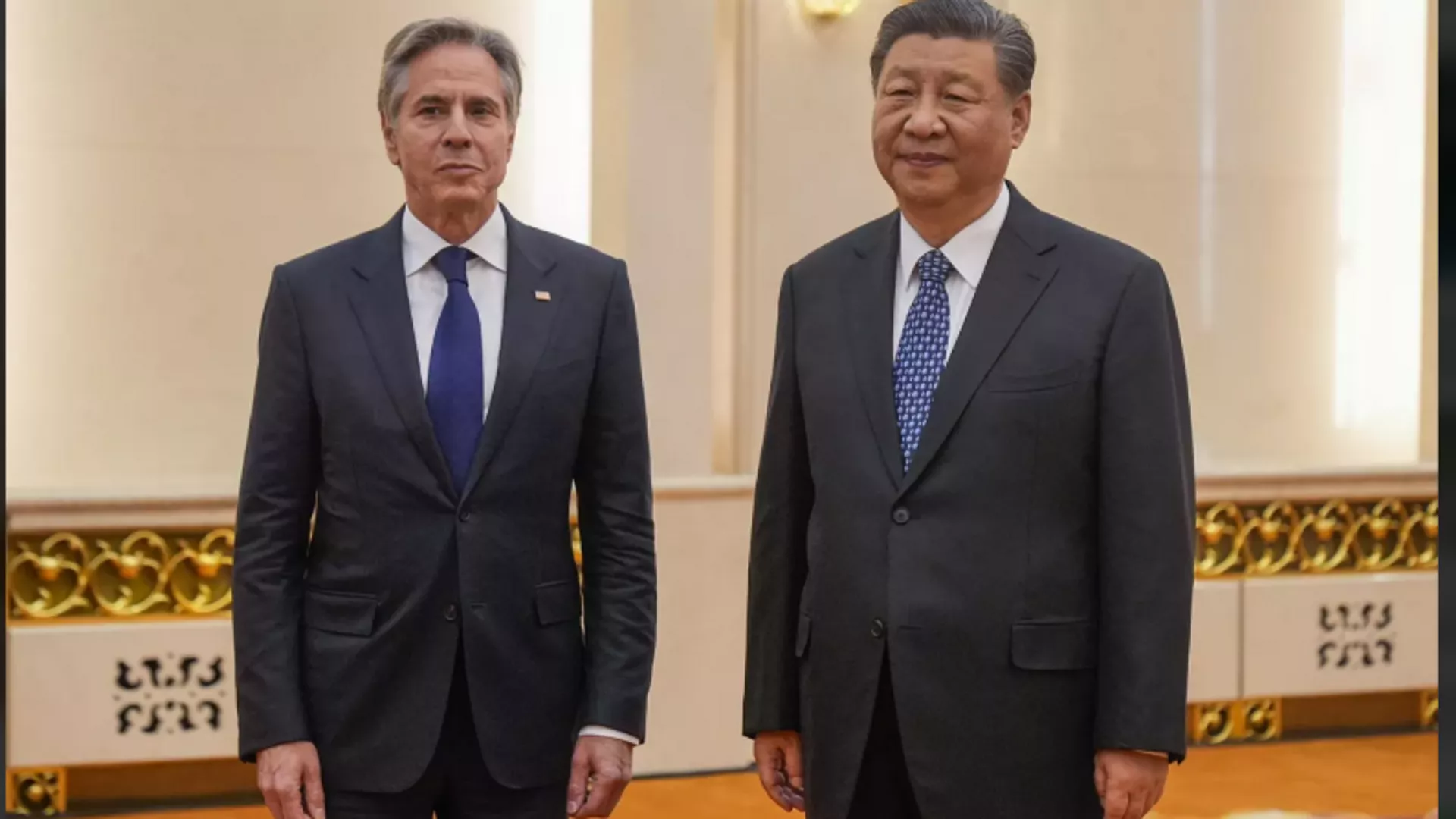As the war in Ukraine enters its fifth month, it continues to be complicated by changing strategies and dynamics on both sides.
The war’s impact extends far beyond immediate military wins. Both sides face lasting damage – Russia with its weakened military, economic sanctions, and international isolation, and Ukraine with reconstruction needs and its aspirations for EU and NATO membership.
Early Predictions, Missed
The Ukrainian war has been going on for five months. At the outset, there were two main scenarios for the war and its actors. The first was based on Russia’s strategic vision. According to this, Moscow expected Ukraine to capitulate soon, Volodymyr Zelensky to lose power, a pro-Russian regime to emerge in Kiev and the crisis to end in Russia’s favor. The second was that Russia would fall into a strategic trap and get stuck in Ukraine, especially by the US. Moscow’s military would be unable to fight a war, and the swift economic sanctions would erode Russia’s endurance. Neither scenario turned out to be accurate.
- Synagogues, monasteries, churches and masjids are places of sanctity / inviolability
- Fighter jet duel between the US and China… China will dethrone the F-35!
Actually, both errors stem from a lack of realistic understanding of the changing nature of modern wars. Today’s wars are influenced and transformed by many factors beyond politics, such as industrialization, intellectual depth, technological advances, alliance culture, military professionalism and experience, diverse ideas and options, human (leader/commander) factor, military-civilian relations, institutional performance, social support or opposition, and the role of the private sector in the eco-system. Similarly, the Russian-Ukrainian War, which began with the assault of Russian forces on February 24, 2022, is also being reshaped by many internal and external dynamics.
So far, these dynamics and factors have allowed Russia to change its strategy, especially its military goals, and Ukraine to maintain and uphold its strategy. In fact, the tactical, operational and strategic failure of Russia’s “blitzkrieg” initially led Ukraine to focus on a war of attrition. In this context, the fast and decisive breakthrough that Russia anticipated in the blitzkrieg was replaced by conflict areas where territorial control shifted quickly. Although Russia still has an edge in nuclear weapons, Ukraine seems to benefit from the war of attrition. In this regard, Ukraine aims to weaken Russia not only militarily, but also morally, ethically and legally in the eyes of the international community.
New War Landscape
[su_quote]The war has transformed into a protracted conflict fueled by diverse external and internal factors. Both sides have adjusted their strategies – Russia shifting from blitzkrieg to attrition, and Ukraine capitalizing on Western support and intelligence operations.[/su_quote]
Of course, this is not only a result of Ukraine’s attrition strategy; without various kinds of military logistics, weapons and equipment support, mainly from the US and partly from Europe, the “Zelenski cult” would have collapsed long ago. However, Turkey’s UAVs and the US HIMARS became the “force multipliers” of the Russian-Ukrainian War, giving Ukraine not only military victory but also psychological operational advantage. Likewise, the role and significance of intelligence, which has led to simultaneous achievements in tactical, operational and strategic levels, should not be ignored. In this sense, Ukraine’s ‘counterintelligence’ and ‘counter-intelligence’ actions against Russia, which is among the world’s strongest countries in terms of intelligence culture and structure, are noteworthy.
[su_quote]Force Multipliers While Russia still holds the nuclear advantage, Ukraine’s access to US and European weaponry, particularly drones and HIMARS, has become a game-changer, boosting their military and psychological edge.[/su_quote]
The intelligence network, organization and functioning model, which was actively backed by the Ukrainian civilian population, enabled the successful implementation of both the current intelligence collection and early warning function at the military strategic level, as well as a destructive psychological operation based on the other side’s weaknesses and the subsequent information/information operation. Two striking examples of this are the killing of Russian generals and the way the tragic situation of Ukrainian prisoners of war was exposed to the world public.
– Early for victory in a long war
However, it is too early to declare Russia’s defeat or Ukraine’s victory. Contrary to what was initially assumed, the Russia-Ukraine war has turned into a protracted one. In this context, it is important to remember that several attempts at negotiations have not yielded results. It is clear that Western impositions will not yield results in the short term, unless we see this war as “Russia’s existential war” and accept that Putin will respond to every move in the same way.
On the other hand, the fact that Russia’s military strategy has been defeated several times and has changed its strategic objectives does not mean that Russia has suffered a complete defeat yet. Moreover, the defeat here should not be reduced to the “military sphere” and “victory/defeat of the two countries”; on the contrary, this war determines/transforms the regional and global game beyond the borders of the two countries. On a micro scale, Russia’s invasion of Ukraine has caused lasting damage for both sides. For Russia, the weakness of Russia’s military strategy, lack of forces, economic embargoes, international isolation, diminishing global influence and Putin’s next electoral test; for Ukraine, a country in need of rebuilding and, more importantly, Kiev’s desire for EU and NATO membership.
[su_quote]Global Tipping Points: The war has triggered food and energy crises, exacerbating divisions within the EU and NATO. While they share the goal of supporting Ukraine, disagreements persist on how to approach Russia.[/su_quote]
On a macro scale, the Russia-Ukraine war has created many tipping points, from food to energy. The range of problems that have emerged more concretely with the war has deepened the divisions between EU and NATO countries. While all EU and NATO countries agree that Ukraine should not be defeated, they are methodologically divided on how to punish Russia.
Geopolitical Crossroads
Taking all this into account, it is useful to look at the development of the Russia-Ukraine war from a holistic perspective. Perhaps the most important center of gravity of this holistic perspective is the geopolitical front. The fact that Russia’s revisionist and expansionist strategy has led to a rupture on the European scale and that the biggest struggle will be between Russia and the West supports the thesis that the war will continue. In its new Strategic Concept document, NATO has recoded Russia as a traditional military threat, and this new strategy sets out the goal of excluding Russia from the European geopolitical ecosystem. This reinforces the perception that Russia can only stabilize the situation with some success in Ukraine. In fact, Ukraine has become a vital priority for Russia even more than it was before February 24.
The geopolitical issue is not limited to a new hostile relationship between the West and Russia. The fact that the US-China rivalry could turn from a political and economic rivalry into an escalation on explosive issues, such as Taiwan, for example, would mean a distraction from Russia. Scenes of active confrontation that could escalate into regional crises would reduce attention to Russia, allowing Moscow to expand its room for maneuver in Ukraine and take the initiative to determine the strategic framework of the war.
-Military Developments
Although Russia has not been able to make rapid progress in its prioritized Donbass region, its gradual seizure of control has led it to set a military objective that extends beyond Donbass. Statements by Russian Foreign Minister Lavrov and military officials in recent weeks about the geographical targeting of the war indicate that Russia does not want to be limited to Donbass. Recent missile strikes in Kherson and Odesa reinforce the impression that if Russia is successful in Dobass, it may turn to these regions. On the other hand, the Ukrainian army’s re-adoption of the asymmetric conventional tactics it used successfully at the beginning of the war, its successful attempts in this field and its resistance to slow Russia down with systems such as HIMARS increase the possibility of the war turning into a war of attrition for Russia. This situation strengthens the likelihood of a protracted war.
[su_quote]Global Tipping Points: The war has triggered food and energy crises, exacerbating divisions within the EU and NATO. While they share the goal of supporting Ukraine, disagreements persist on how to approach Russia.[/su_quote]Fueling the Fire: The failure of economic sanctions and Russia’s strategic use of its energy resources allow it to potentially prolong the war and maximize its gains. Additionally, the war-induced food crisis further strengthens Russia’s position.
In addition to possible military developments, the new eco-political environment created by the war is another factor that strengthens the possibility of prolonging the war. The failure of economic embargoes to deter Russia in the short term and the fact that the energy card is increasingly becoming an advantage for Russia and a crisis for Europe allows Russia to make a strategic choice to maximize its gains by prolonging the war. On the other hand, the food-related problems caused by the war, such as the grain crisis, strengthen Russia’s hand.
In conclusion, the war, even if it is progressing militarily, has revealed the fact that war today needs to be thought and waged comprehensively. Therefore, predictions about where the war will evolve should be made by assessing all factors.

